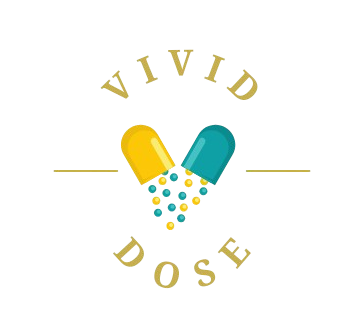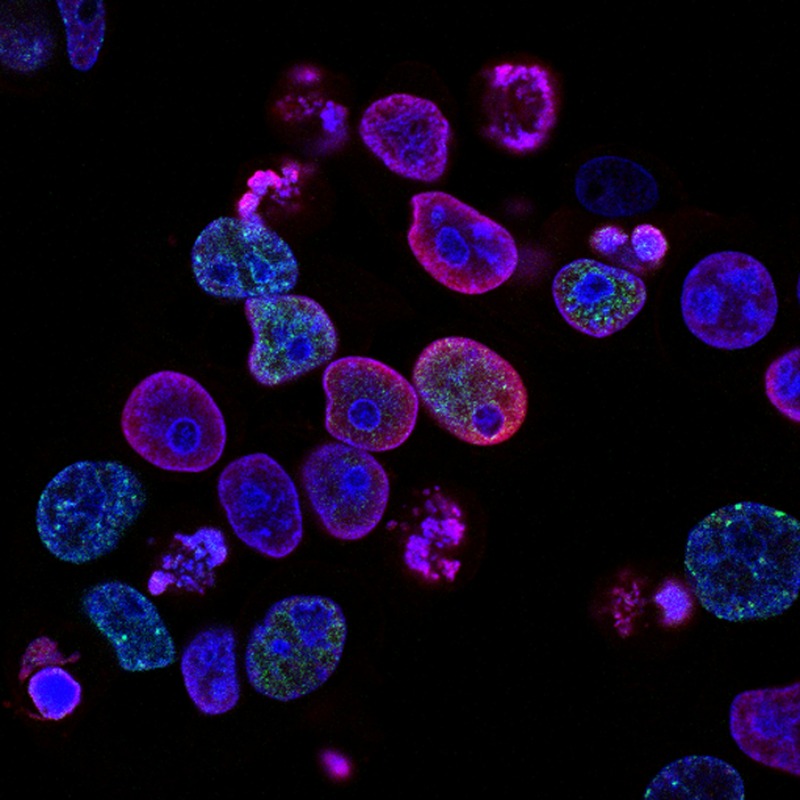7 Common myths about cancer. Cancer is one of the most feared diseases worldwide, yet many misconceptions about it persist.
7 Common Myths About Cancer
Misinformation can lead to unnecessary fear, stigma, and even harmful decisions about prevention and treatment.
1. Cancer is Always a Death Sentence
Qudos to advances in early detection, treatment, and medical research, many forms of cancer are now treatable, and survival rates have significantly improved. According to the American Cancer Society, the five-year survival rate for many cancers has increased due to improved treatments and early screenings. For instance, breast cancer and prostate cancer often have survival rates of over 90% when detected early.
A cancer diagnosis is not an automatic death sentence. Early detection and proper treatment can significantly improve survival chances.
2. Only Smokers Get Lung Cancer
While smoking is the leading cause of lung cancer, non-smokers can also develop the disease. Factors such as secondhand smoke, air pollution, exposure to radon gas, and genetic predisposition can contribute to lung cancer risk.
While quitting smoking greatly reduces your risk, lung cancer can affect non-smokers, too. Being aware of other risk factors is crucial.
3. Cancer is Contagious
Cancer is not an infectious disease; it does not spread from person to person through casual contact, kissing, or sharing food. However, some viruses, such as human papillomavirus (HPV) and hepatitis B and C, can increase the risk of developing certain cancers, such as cervical and liver cancer.
You cannot “catch” cancer from another person, but some infections can increase your cancer risk. Vaccinations and safe practices can help reduce these risks.
4. Sugar Feeds Cancer
There’s a widespread belief that eating sugar makes cancer grow faster. While all cells, including cancerous ones, use glucose for energy, no scientific evidence proves that consuming sugar directly fuels cancer growth. However, a high-sugar diet can lead to obesity, which is a known risk factor for several cancers.
Eating sugar in moderation won’t cause cancer, but a balanced diet and maintaining a healthy weight are important for reducing cancer risk.
5. Cancer Treatment is Worse Than the Disease
While cancer treatments like chemotherapy and radiation can have side effects, they are essential for eliminating or controlling cancer. Many advancements have been made to minimise side effects, improve patient comfort, and increase treatment effectiveness. Moreover, untreated cancer can be far more dangerous than temporary treatment side effects.
Cancer treatment has evolved, and many side effects can be managed effectively. Seeking treatment is vital for the best possible outcome.
6. Wearing a Bra Causes Breast Cancer
This myth likely originated from the idea that bras restrict lymphatic flow and cause toxins to accumulate in breast tissue. However, no scientific study supports this claim. The National Cancer Institute and the American Cancer Society have found no link between wearing a bra and an increased risk of breast cancer.
There is no evidence that bras contribute to breast cancer. Risk factors such as genetics, age, and lifestyle choices play a much bigger role.
7. Herbal Remedies Can Cure Cancer
While some natural supplements may help manage symptoms or improve well-being, there is no scientific proof that herbal remedies can cure cancer. Relying solely on alternative medicine instead of proven treatments like surgery, chemotherapy, or radiation can be life-threatening.
Always consult a medical professional before using any alternative treatment. Complementary therapies may help, but they should not replace conventional cancer treatment.
Final Dose
Cancer myths can spread fear and misinformation, leading people to make uninformed choices. Understanding the truth about cancer helps individuals take the right steps toward prevention, early detection, and treatment. If you have concerns, always seek advice from a qualified healthcare professional.
Do you know someone who believes in these myths?

